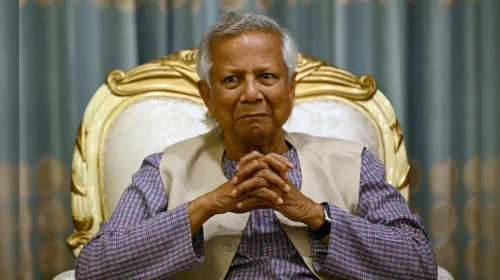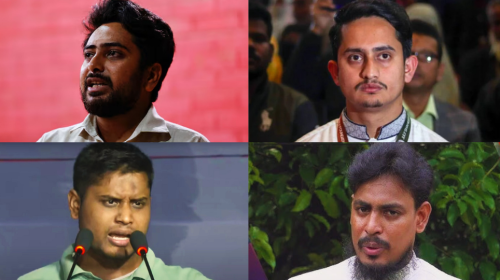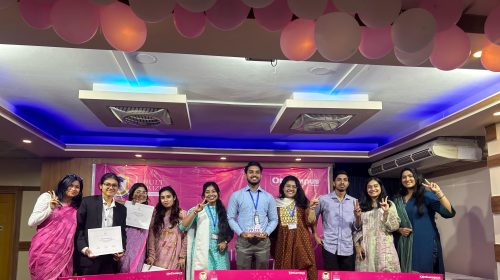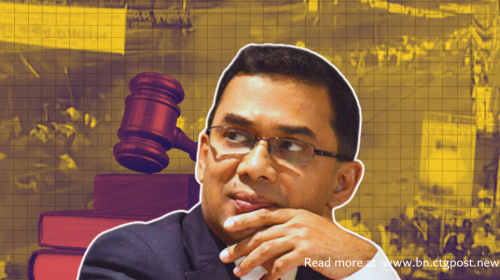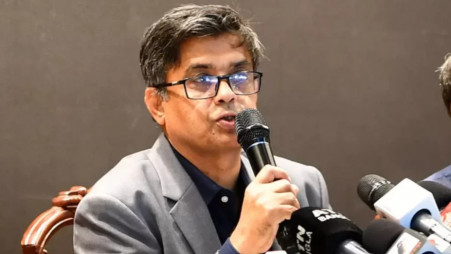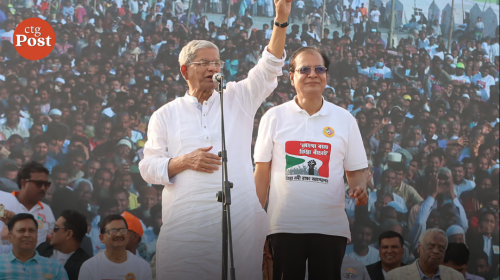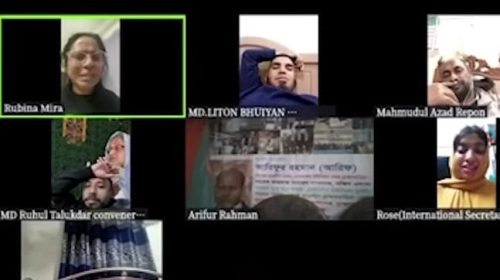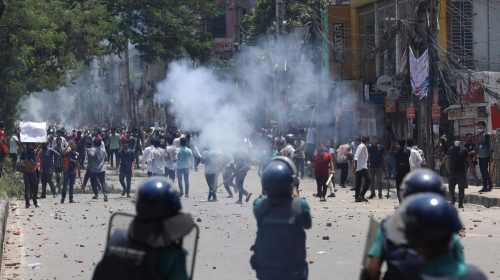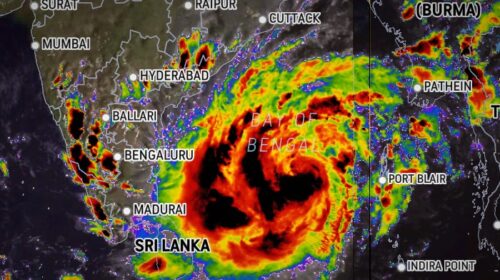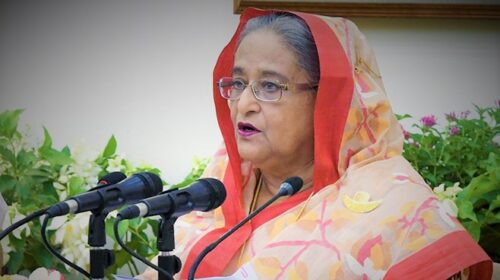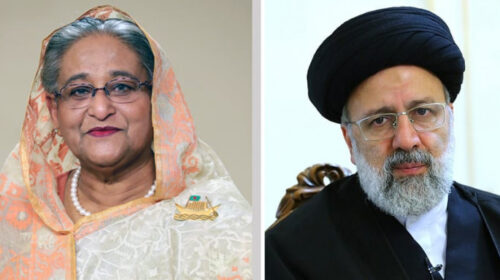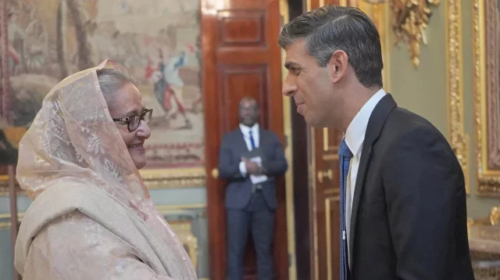“We want you to highlight every issue. There is no need for praise,” he said at a discussion titled “The Fascist Statement of the Mass Media: Looking Back on July 1-36” under the banner “We Want a Fascist-Free Mass Media” at the Jahur Hossain Chowdhury Hall of the National Press Club on Sunday.
Referring to media coverage, Shafiqul Alam said: “A few days ago, I noticed that a leading newspaper had published two or three articles praising Professor Yunus. We called them and said — there is no need for this. Provide constructive criticism instead. This is a crucial time for journalism in Bangladesh. We want to rebuild Bangladesh, and to do that, the second chapter of the interim government began yesterday (Saturday) with the Consensus Commission. We want all political parties and civil society to contribute to this effort.”
He emphasized the importance of ensuring that no one creates a fascist narrative or blindly follows a political party.
“Leaders are being killed while their supporters remain loyal. This kind of political setup must end. Let’s build a country where everyone’s voice can be heard, where no one feels silenced, as has been the case for the past 15 years,” he said.
The press secretary acknowledged the difficulties journalism has faced in the past and called for a new beginning. “Journalism has gone through a terrible time. We want to leave that behind and create a Bangladesh where diverse voices are heard. We welcome criticism but insist that it is based on facts. We aim to open the path for reconciliation and build a fairer nation.”
Shafiqul Alam urged the media not to ignore significant events and failures of the past. “We failed to document the 1974 famine. We failed to report on the atrocities of the Rakshi Bahini. We cannot afford to fail again. We must ensure that future generations do not face the same challenges we did. No journalist should ever act as a power broker. This government wants to set an example. If we make mistakes, expose them. That is what journalism should be about.”



